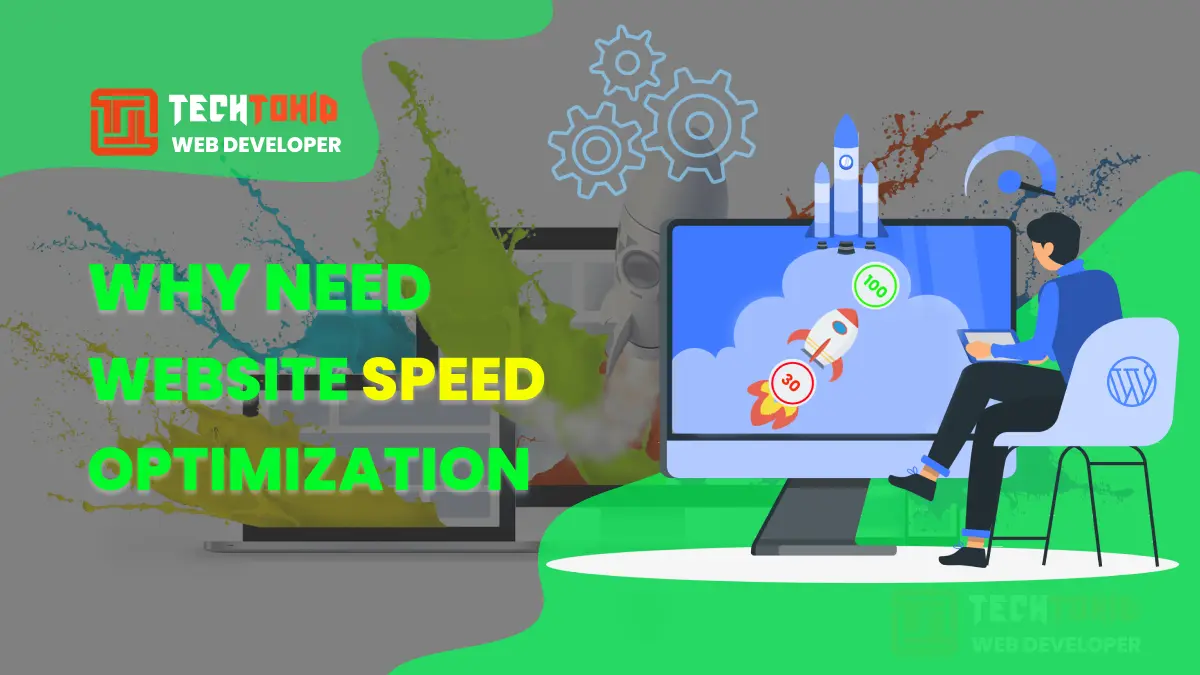 10 January, 2023
10 January, 2023
Website speed optimization is crucial for several reasons, and it directly impacts user experience, search engine rankings, and overall business success. Here are some key reasons why website speed optimization is important:
1. User Experience (UX):
Faster Loading Times: Users expect websites to load quickly. A slow website can frustrate visitors, leading to a poor user experience.
Increased Engagement: Faster-loading pages tend to result in higher user engagement. Users are more likely to explore and interact with a website that responds quickly to their actions.
2. Search Engine Rankings:
Search Engine Optimization (SEO): Search engines like Google consider page speed as a ranking factor. Faster websites are more likely to rank higher in search engine results, leading to increased visibility and organic traffic.
Mobile-First Indexing: With the shift towards mobile-first indexing, search engines prioritize mobile-friendly and fast-loading websites for better rankings.
3. Conversion Rates:
Higher Conversions: A faster website often leads to higher conversion rates. Whether the goal is to sell products, generate leads, or encourage specific actions, users are more likely to convert on a site that loads quickly.
4. User Retention:
Reduced Bounce Rates: Users are more likely to leave a slow-loading website, resulting in higher bounce rates. By optimizing website speed, you can retain visitors and encourage them to explore your content further.
5. Mobile Experience:
Mobile Optimization: With the increasing use of smartphones, mobile users expect fast and responsive websites. Mobile-optimized sites with fast loading times contribute to a positive user experience.
6. Competitive Advantage:
Stand Out from Competitors: In a competitive online landscape, a fast website can give you a competitive edge. Users are more likely to choose a website that provides a quick and seamless experience over slower alternatives.
7. Cost Savings:
Reduced Hosting Costs: Optimizing website speed can lead to reduced server load and bandwidth usage, potentially lowering hosting costs.
8. Improved Accessibility:
Global Reach: Faster-loading websites are more accessible to users around the world, including those with slower internet connections. This can expand your audience and improve the user experience for diverse demographics.
9. User Trust and Perception:
Perceived Credibility: Users often associate a fast website with professionalism and credibility. A slow website may create a negative perception of your brand or business.
10. Ad Performance:
Better Ad Campaign Results: If you run online advertising campaigns, a fast website contributes to a positive user experience after users click on your ads. This can improve the overall performance of your advertising efforts.
In summary, website speed optimization is essential for creating a positive user experience, improving search engine rankings, increasing conversions, and staying competitive in the online landscape. It has far-reaching effects on various aspects of online presence and business success.
Developed by TechTohid © 2022
